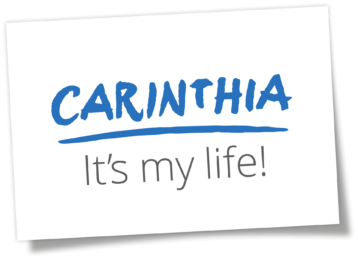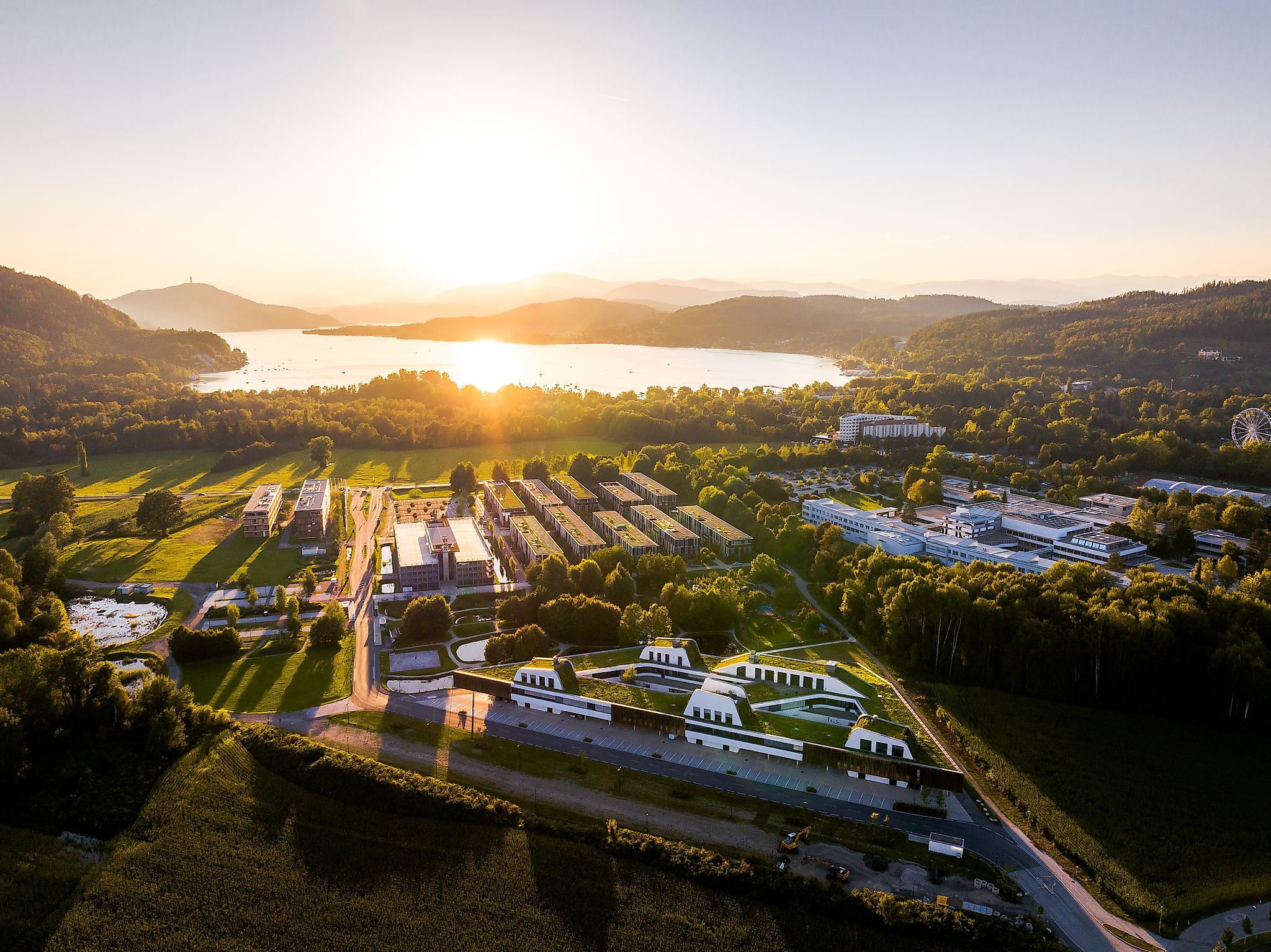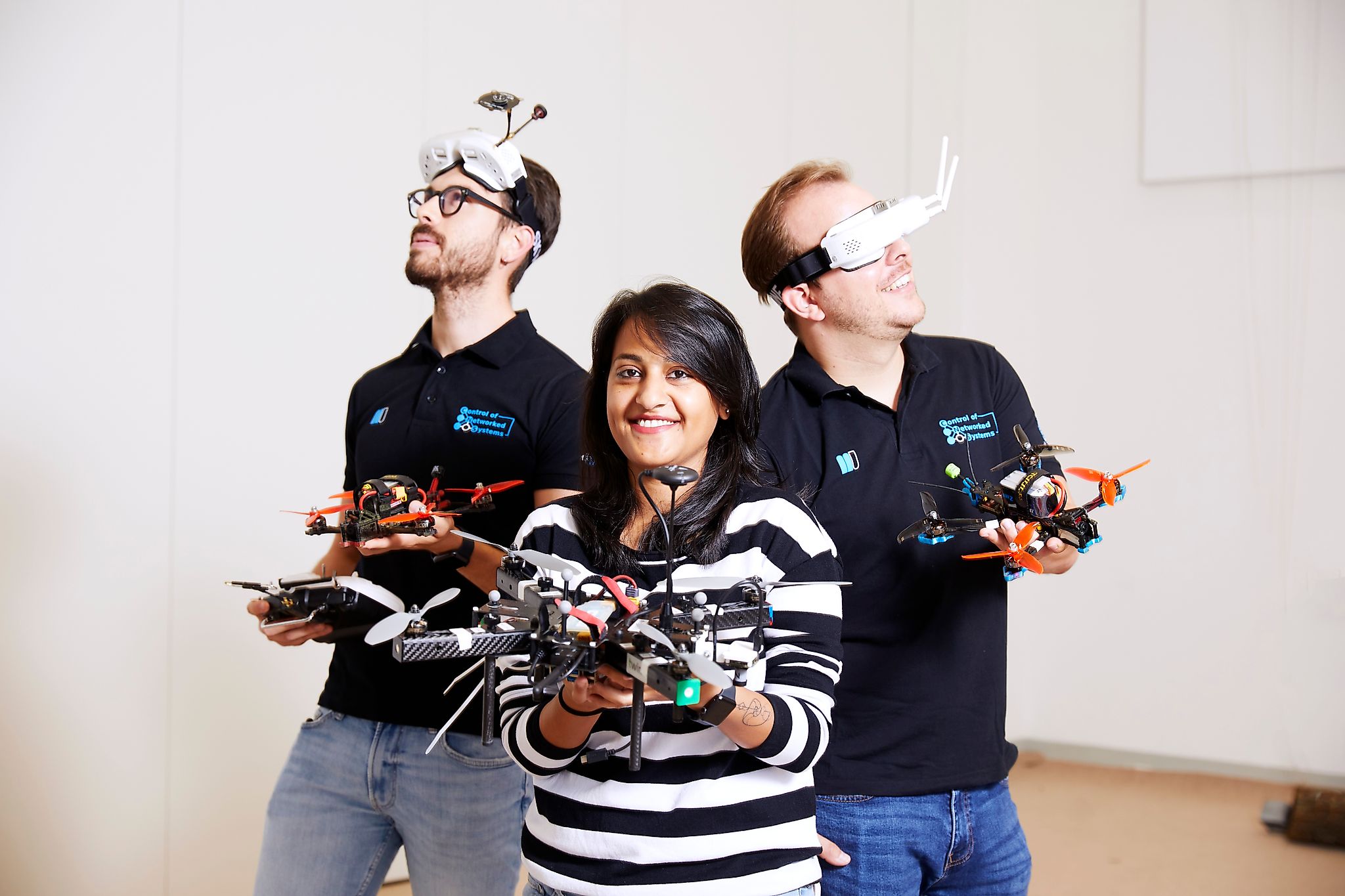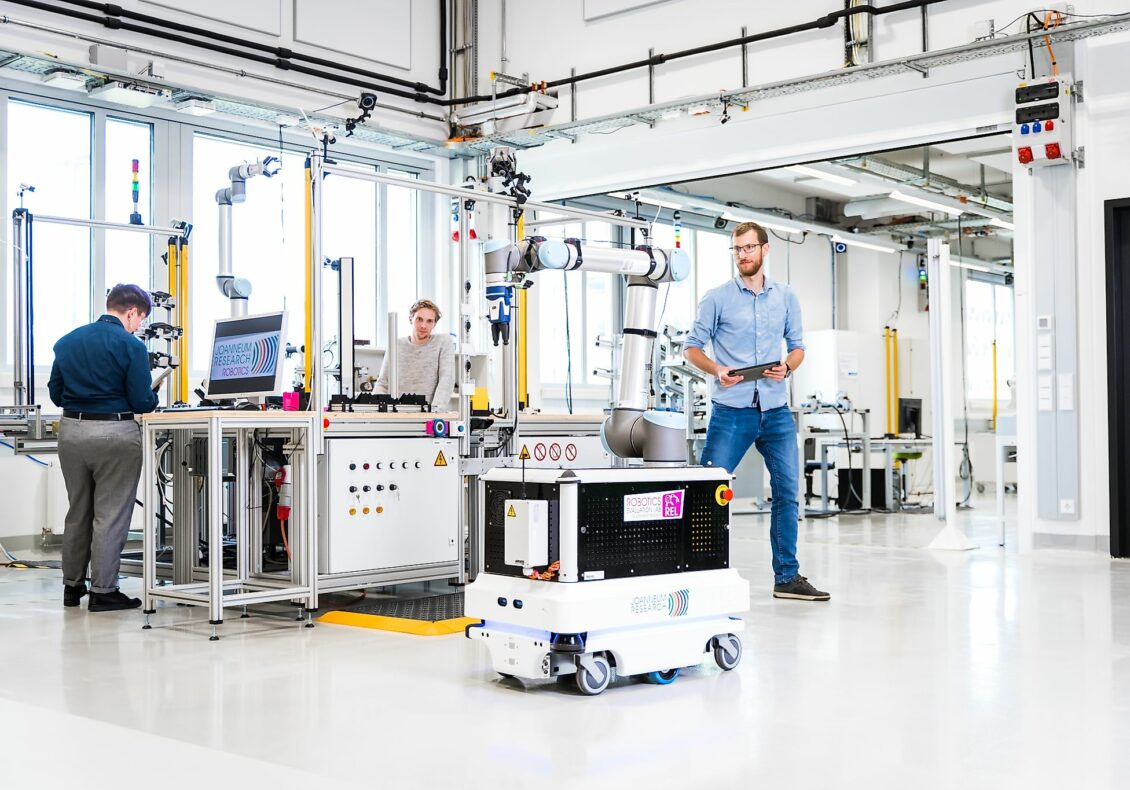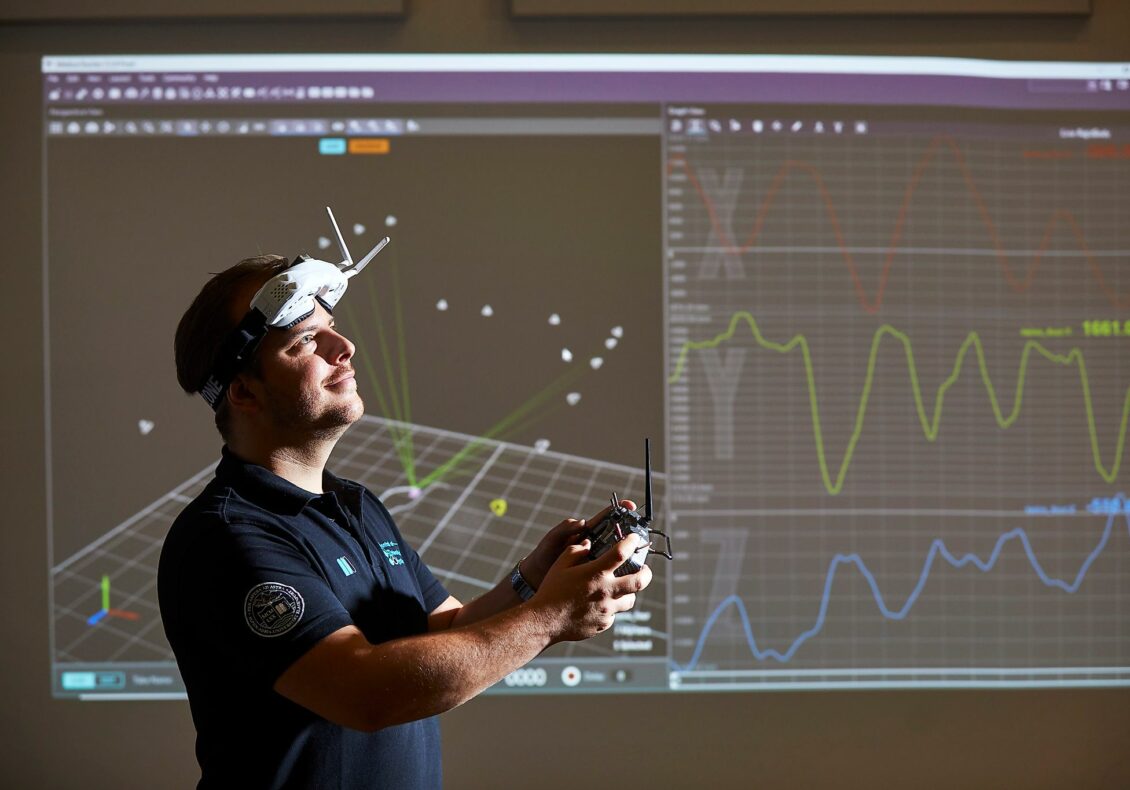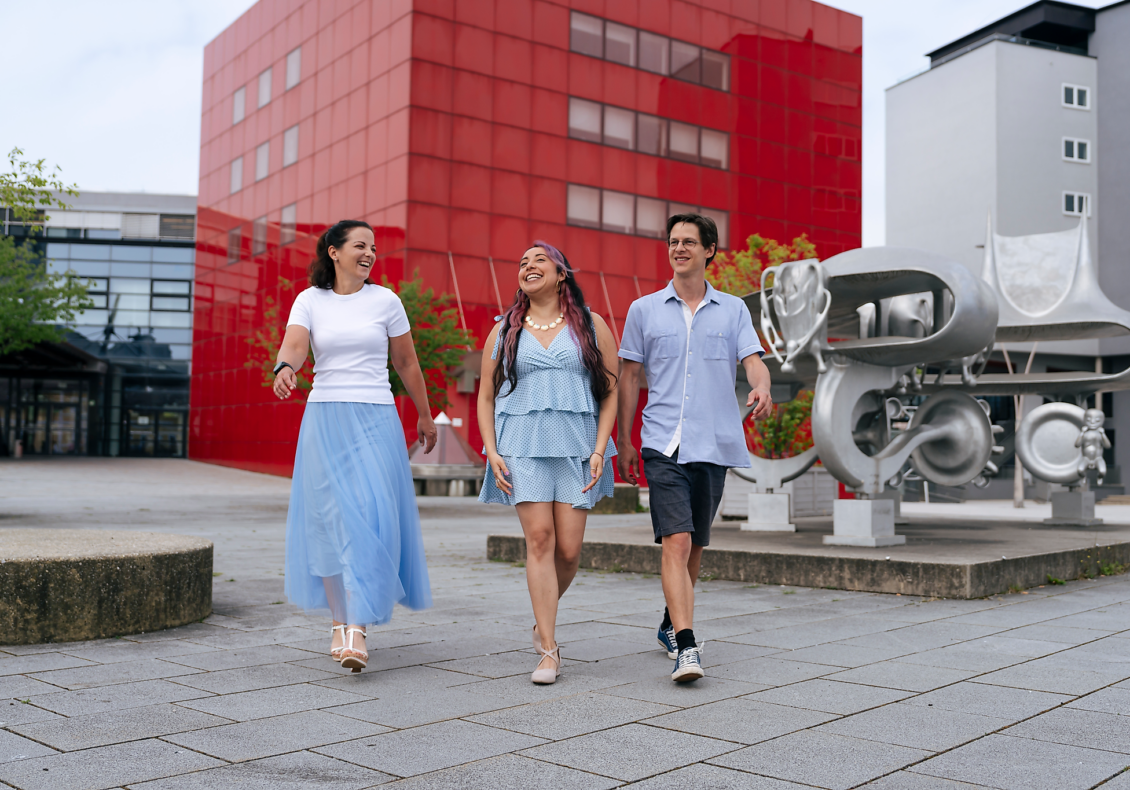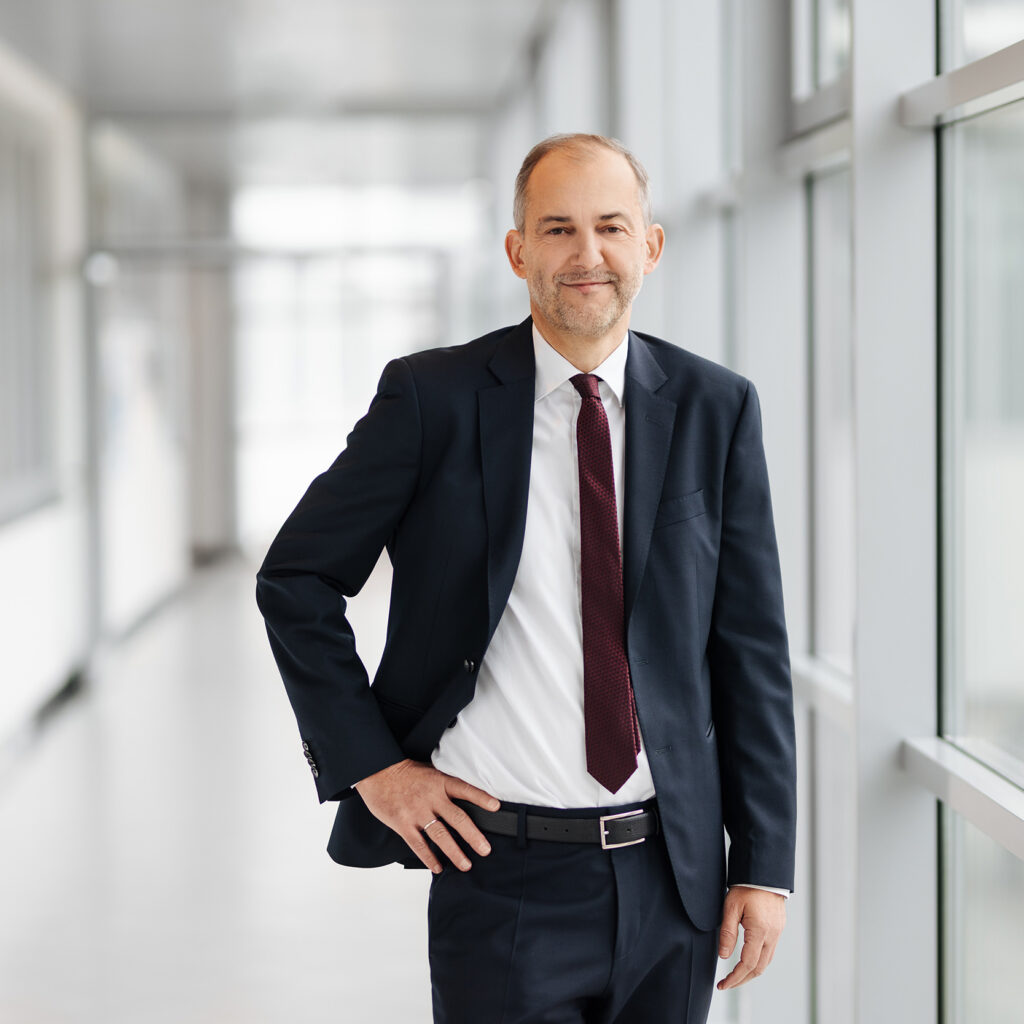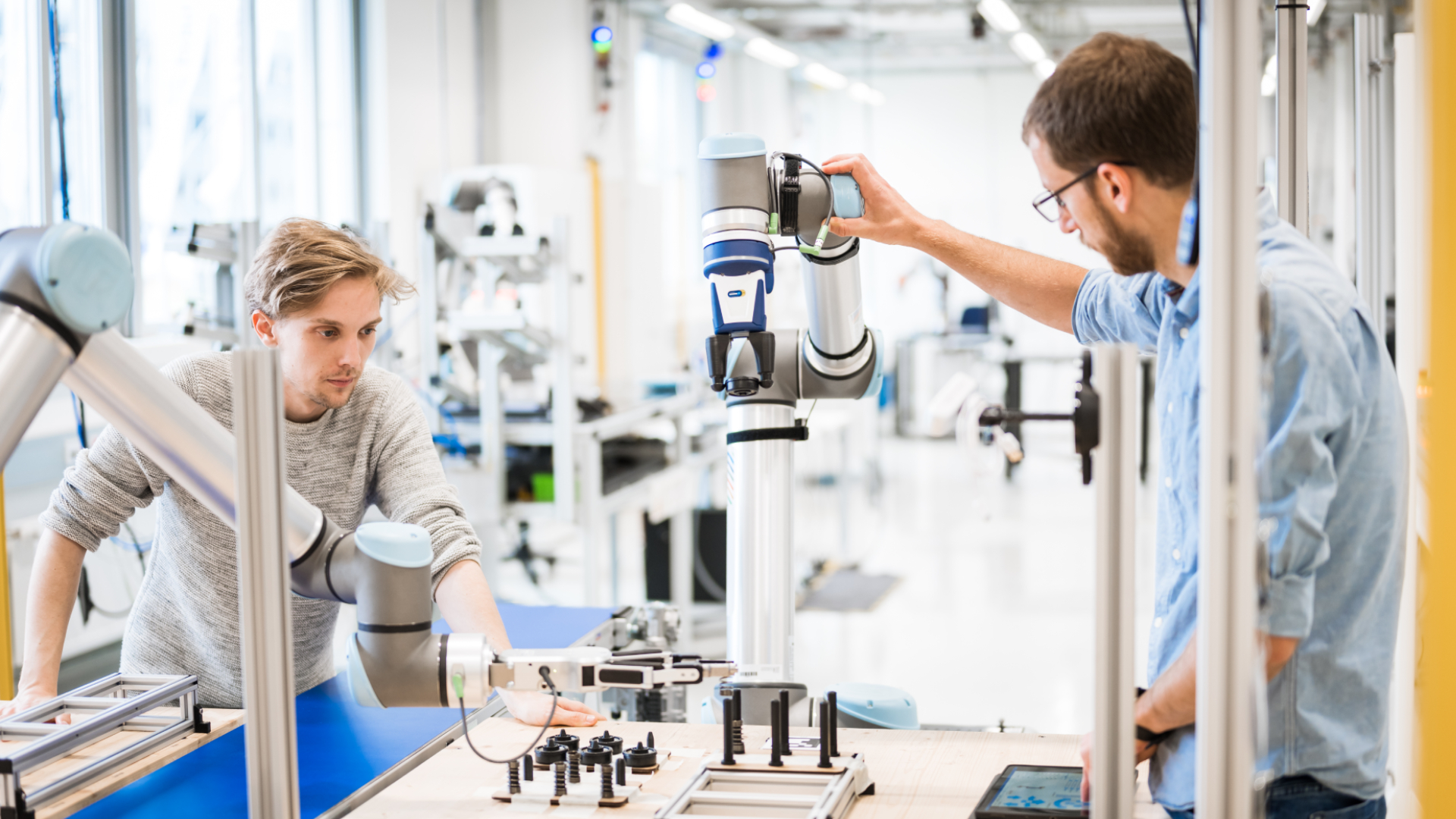Carinthia.com: Prof. Dr. Schlögl, Carinthia wants to become an innovation leader in certain areas. What potential do you see for the region in the next five to ten years – and what role does the university play in this?
Prof. Dr. Peter Schlögl: Science creates the basis for innovation. So the university’s job is to be an enabler for things that we are not even thinking about yet. In addition to product innovations, these can also be new processes or business models – for example in the area of wood as a regional raw material or in the microelectronics industry, for which Carinthia is known. The interdisciplinary approach is crucial here. In my opinion, really good solutions to the major problems of our time only emerge when different perspectives come together. And we are actively working on such solutions and approaches at the University of Klagenfurt. Our aim is also to sensitise students to this, to plant the seed of an entrepreneurial spirit in them and to promote entrepreneurial thinking.
How do the University of Klagenfurt and Carinthia University of Applied Sciences support companies with global challenges such as digitalisation, climate change and the shortage of specialists?
Prof. Dr. Peter Schlögl: The spectrum is very diverse and ranges from practice-oriented Master’s theses and dissertations to large research projects that contribute to the social dissemination of a new idea, technology or concept. We also have endowed professorships, which are sponsored by companies and bring scientific expertise into economic contexts in a targeted way. With regard to digitalisation, we are working on a wide range of topics. We are highly active in the field of artificial intelligence and drone technology – and this throws up many possibilities: for example, how can drones help in the search for missing persons or in avalanche protection? In addition to theory, it is also about concrete applications and social benefits.
Can you give an example of the transfer of knowledge to the economy?
Prof. Dr. Peter Schlögl: Several things come to mind. One example is the technologies in the field of video streaming, which originated and were developed at our university and have led to international patents and even branches as far away as Palo Alto. The large-scale, federally funded project to make Klagenfurt climate-neutral also shows how science and practice can work together to develop sustainable solutions. Various municipal utilities, companies, citizens and the responsible political bodies are working closely together with researchers and are jointly embarking on the path to a climate-neutral future. The project is now no longer just based in Klagenfurt, but is part of an international network in which other cities are also represented and learn from each other.
How does the university make it easier for companies to work together?
Prof. Dr. Peter Schlögl: We are currently developing a framework for cooperation – from sponsoring for specific subject areas to the organisation of research projects or in further education formats. For example, we clarify important issues relating to intellectual property, data protection and company secrets in order to make collaboration efficient and transparent. We are therefore professionalising and systematising our service structure in order to further stimulate, promote and facilitate cooperation between science and economy.
Which research areas interest companies the most?
Prof. Dr. Peter Schlögl: The approximately 1,500 people who research, teach and administer at the University of Klagenfurt provide a colourful mosaic of subject areas. In this case, I would single out computer science, AI and drone research, but also holistic, participatory research processes. As a university, we look at problems from several angles and contribute to holistic solutions. After all, it usually takes more than just one dimension to tackle a social problem, an entrepreneurial issue or a technological challenge. This is also reflected in our research and cooperation projects.
Generally speaking, the university could provide a platform where science, business and politics can develop strategies together. In other words, a kind of arena where the key players can meet and negotiate how to proceed in the future. I am firmly convinced that it is only through joint reflection and exchange that really good ideas, socially robust results and, as a result, effective processes emerge. We also see the university as a kind of flyway that knows what is happening in the world and brings the key developments to Carinthia. As a hub to the world, we want to make it possible to dovetail regional development and economic dynamism with international debate.
